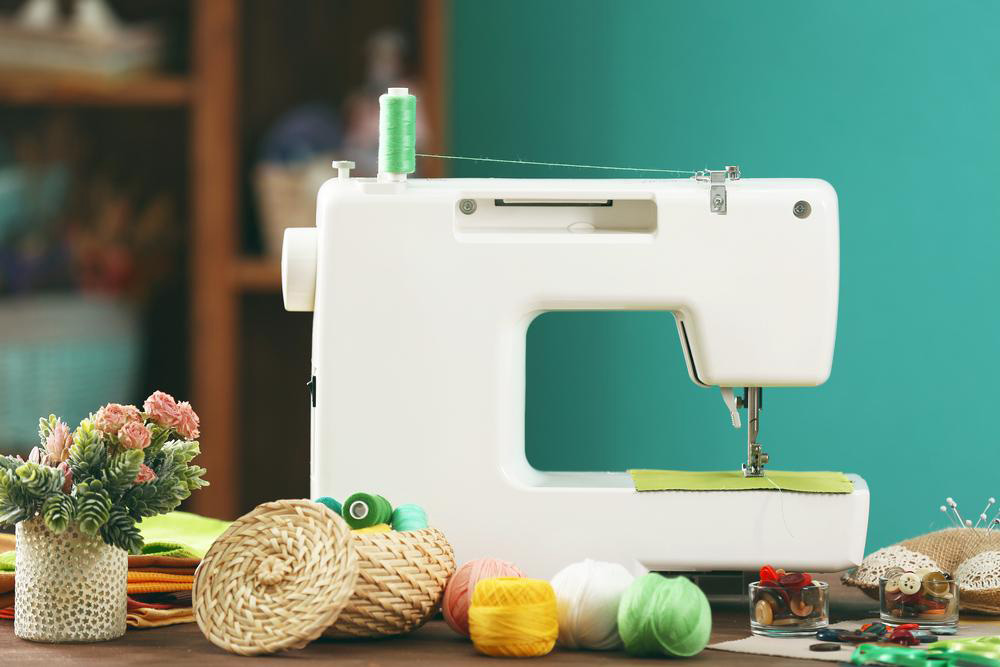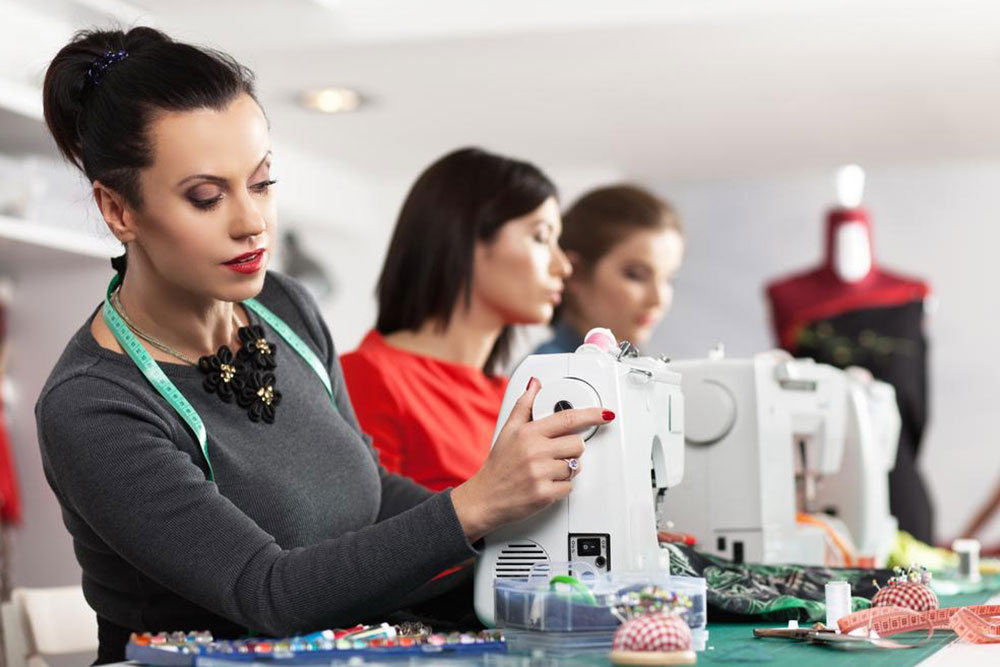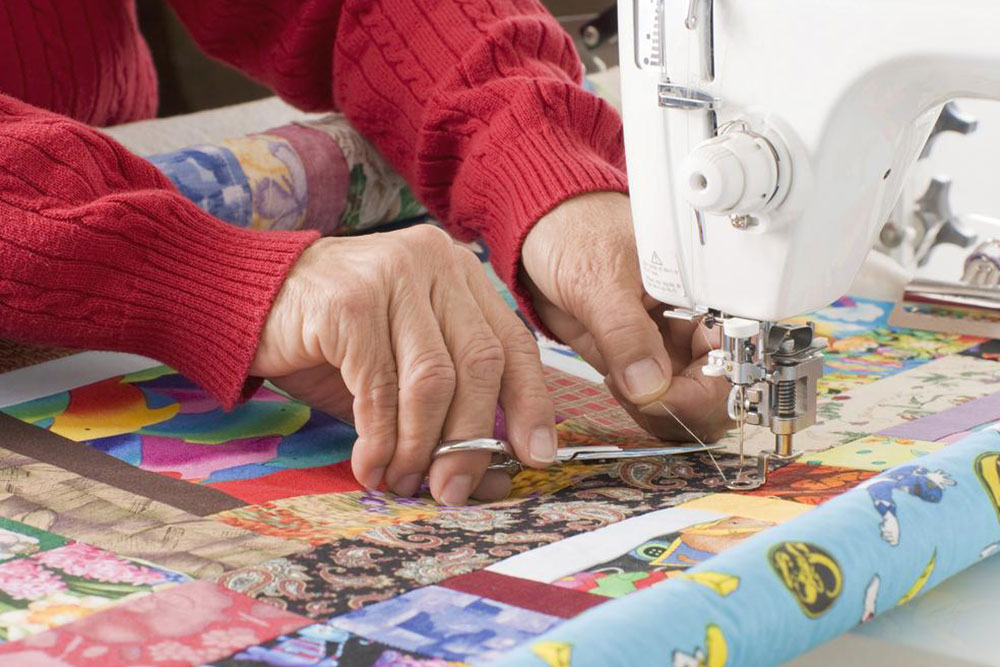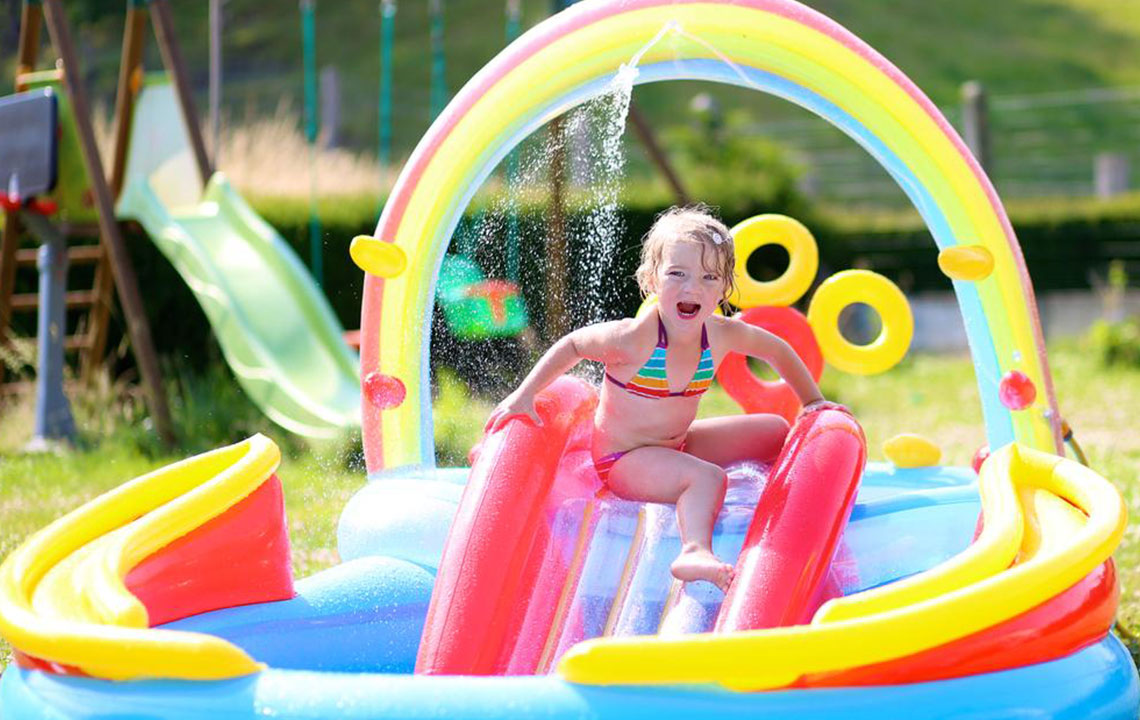Things you need to know for sewing machine repair help
Who could have not seen a sewing machine? Hardly anyone. It is a machine that can be used for stitching fabric and other materials together with the help of a thread. The first sewing machines are believed to have been invented during the first Industrial Revolution to reduce the amount of manual labor needed to do sewing work in the clothing companies. The sewing machines have greatly improved over the ages since its invention by Thomas Saint in 1790.

The sewing machines available today are diverse in design depending on their purpose and environment. The ones for personal uses in households are designed to be handled by a single person to sew items and use a single stitch type. Industrial sewing machines are, however, more diversified in their size and appearance.
With every machine comes the problem of repairs and if you own a sewing machine you may also be experiencing problems with the sewing machine every now and then. Here is how you can deal with the sewing machine repairs.
Sewing Machine Problems
Let us look into more detail the various problems that can grasp your sewing machine:
– The needles may have been broken.
– The presser foot may be improperly attached or bent.
– The needle may be misaligned.
– There could be incorrect pressure on the presser foot
– There is also the possibility of an insecure needle foot.
– The tension disks could be worn out.
– The feed dogs may be clogged.
– The presser foot may need adjustments.
Though these problems are quite common, you might be in need of help from a professional.
Sewing Machine Types
You need to get appropriate help depending on the type of your sewing machine.
Mechanical – These models are older and could get quite difficult for repairing if there are specific parts that are no longer available in the market. These machines run with the help of mechanical power and there would be dials or knobs to change the settings. The models are quite basic in comparison to the more advanced systems available now. The stitches can also be less precise. You need to get in touch with a technician who is more prone to handling older models.
Computerized – The computerized models are believed to have a longer lifespan and are hence, more expensive. The most exciting things about these are that they can handle exquisite embroidery designs and can handle a variety of different stitches. Some of them can even be linked to the desktop. The professional you should be looking for in this case should have quite a lot of experience in handling such models. It would be better if he has some expertise in your particular model, thus giving him an edge with your machine.
Electric – These are sort of a hybrid between the older and newer models, sort of a transition model. These are capable of creating many varieties of stitches and buttonholes. They also have LCD screens that allow the user to use little effort in adjusting stitches. These machines are also quite reliable and have longer lifespans. Lots of professionals would be readily available for these machines.




